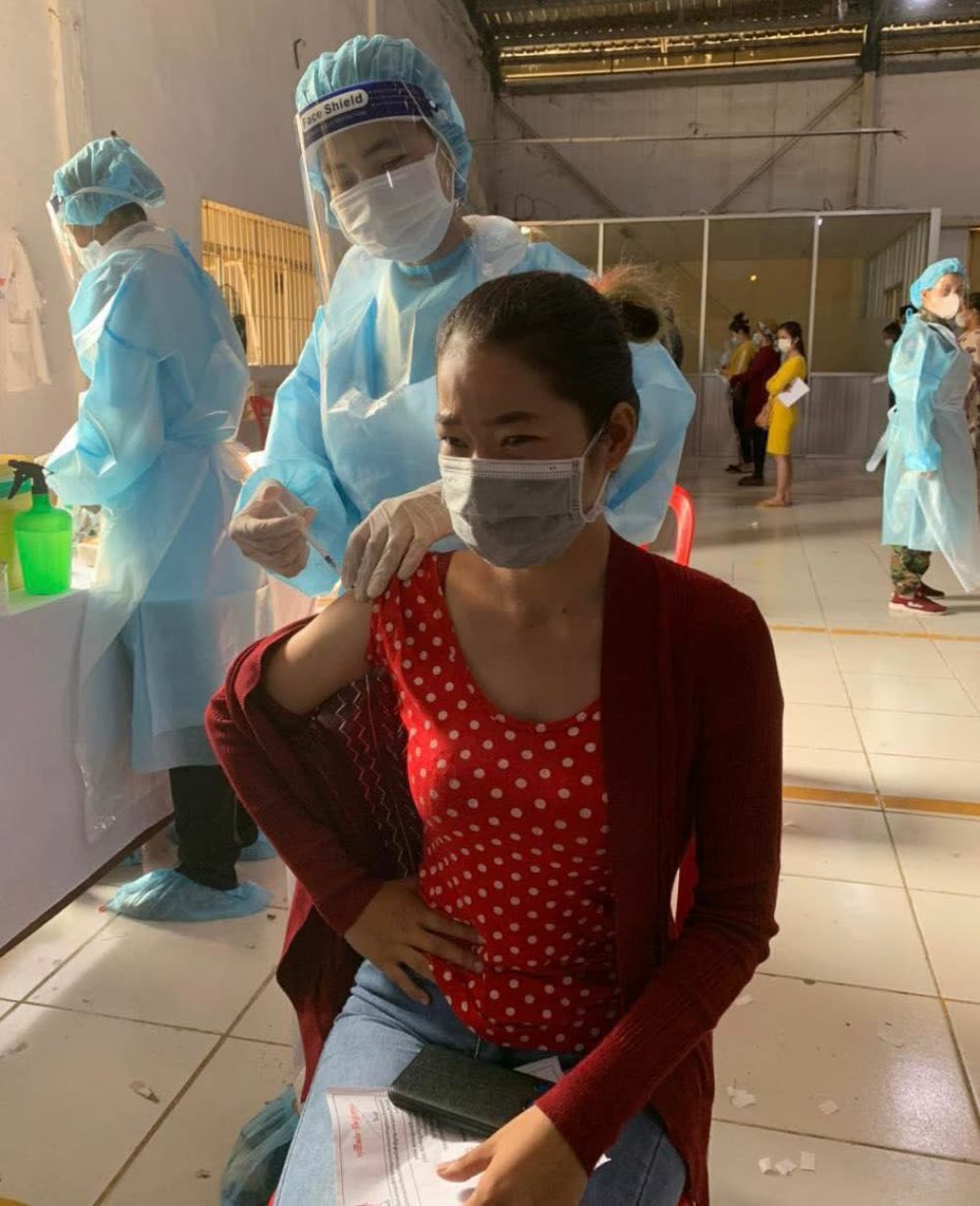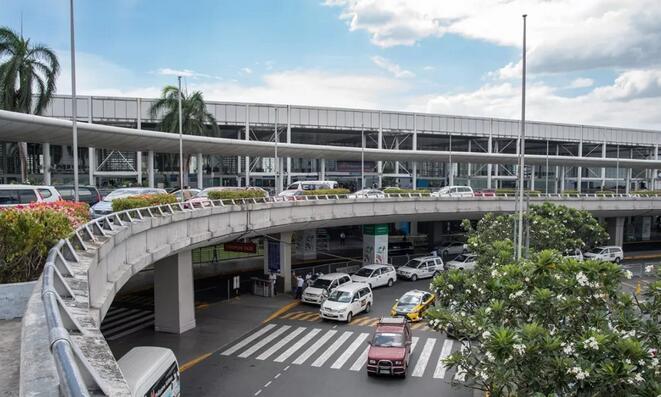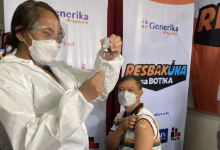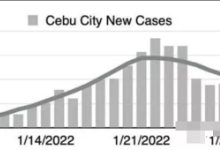G7新冠疫苗援助承诺不过是“杯水车薪”
七国集团(G7)日前在英国举行峰会后宣布,将在明年年底前为全球提供10亿剂新冠疫苗。然而无论是数量和速度,都与世卫组织所定下的“到明年七国集团举行峰会时为至少70%的世界人口接种110亿剂疫苗”这一目标相距甚远,这对很多遭受疫情肆虐的国家来说恐怕只是“杯水车薪”。
首先,G7声明的疫苗援助计划与全球范围需求之间的差距太大。即使到2022年下半年,“这项10亿计划也只能覆盖大约10%的中低收入国家人口”。G7的疫苗援助惠及范围无法形成抵抗疫情的有效屏障,尤其是对于大多数需要注射两剂疫苗的人来说。
其次,这一计划看上去“毫无紧迫感”。许多国家正面临着与新冠病毒“生死时速”的较量,而G7则承诺在明年年底前提供声称的疫苗数量。新冠病毒的传播速度已经超过了疫苗的分发速度。非政府发展和救助组织“乐施会”(Oxfam)称,按照目前的疫苗接种率,低收入国家需要57年才能达到与G7国家相同的保护水平。
疫情无国界。面对激增的病例和不断变异的病毒,世界各国是休戚与共的命运共同体。如果没有一个可行的方案,这种所谓的援助只是一种“自欺欺人”的做法。正如即将离任的联合国副秘书长马克·洛科克所说:“富国对穷国的这些零星的、小规模的、像做慈善一样的疫苗供应,不是一个严肃的方案,也不会助力终结疫情。”
G7's vaccination aid promise looks like a drop in the ocean
By John Lee
(ECNS) -- The G7 leaders promised over 1 billion COVID-19 vaccine doses by the end of next year at the summit in Cornwall, England, on Sunday. Nonetheless, in either quantity or speed, the plan is a long way from the 11 billion doses that the World Health Organization has estimated would be needed to vaccinate 70 percent of the world's population by next year. For many coronavirus-stricken countries, the promise looks like a drop in the ocean.
First, there is a huge gap between the G7's promise and the demands from countries around the world. Even by a year from now, this plan could cover only “about 10 percent of the population in low- or medium-income countries”, according to the outgoing UN aid chief Mark Lowcock. Therefore, the G7 vaccine pledge cannot establish an immunity barrier, especially for most people who require two jabs.
Second, the G7 completely failed to show the necessary urgency. In the brutal battle against COVID-19, some countries are racing against death, while the limited amount of vaccine can only be completed by the end of next year. The global spread of COVID-19 has outpaced the global distribution of vaccines. At the current pace, it would take low-income countries 57 years to reach the same level of protection as those in G7 countries, according to the international non-governmental aid organization Oxfam.
The virus knows no borders. In the face of spiking COVID-19 infections and constantly mutated strains of coronavirus, the globe should become a community with a shared future. Without a visible approach, this so-called aid is nothing but "self-deluding.” As Lowcock said, "These sporadic, small-scale, charitable handouts from rich countries to poor countries is not a serious plan and it will not bring the pandemic to an end."















